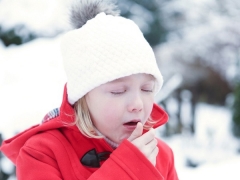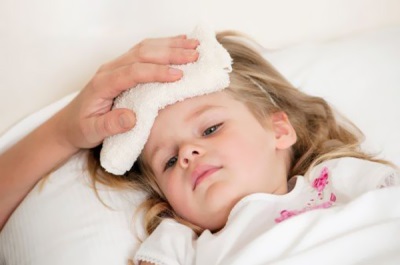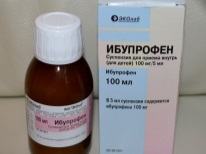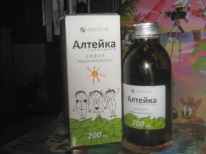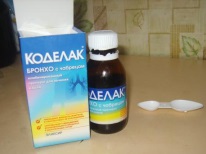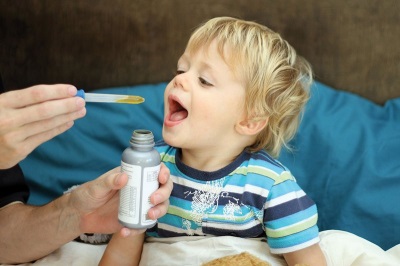Cough and fever
Coughing itself is an unpleasant symptom of various diseases, but if it is combined with temperature, it worsens the general condition of the child and requires the immediate reaction of the parents. It is necessary to turn to a pediatrician to understand the causes of cough and fever, as well as to learn how to treat diseases manifested in this way.
Possible reasons
Most often, an increase in temperature and the simultaneous occurrence of cough indicate an acute respiratory viral infection, but other diseases can be manifested by such symptoms in a child.
Among the causes of cough and temperature include:
- Flu. The temperature of this disease rises to + 40 ° C, and the cough does not appear immediately. The child will have signs of intoxication - body aches, weakness, headaches, poor appetite and others.
- Tonsillitis. This disease can cause both bacteria and viruses. The child is noted not only cough and fever of 38 degrees or higher, but also red throat.
- Pharyngitis. In addition to coughing and slightly elevated temperature, the child complains of tickling, as well as pronounced pain when swallowing.
- Rhinopharyngitis. With such an illness, it hurts the baby to swallow, the cough is dry, the temperature of the body rises and often vomiting of mucus appears.
- Tracheitis. With this disease, the cough is very strong and dry, accompanied by pain behind the sternum, and the temperature rises slightly.
- Laryngitis. A cough with such a disease will be dry and loud enough (it is also called barking). In addition to raising the temperature and characteristic cough, the baby will have sore throat and hoarse voice.
- Bronchitis. The disease begins with a rise in temperature to subfebrile numbers (37 degrees) and dry cough. However, the cough quickly becomes wet and the child coughs up the mucous sputum.
- Pneumonia. Prolonged cough and fever up to 39 degrees are characteristic symptoms of this disease. The lungs of a child are affected by staphylococci, streptococci, chlamydia, parainfluenza viruses, E. coli, PC viruses and other pathogens.
- Pleurisy. The onset of inflammation in the lining of the lungs with exudate is manifested by a wet cough and high fever. If the cough is dry, it is a sign of a fibrinous form of pleurisy. Quite often, this pathology occurs after pneumonia, as its complication.
- Measles. This disease is caused by a virus and is manifested by a temperature of 39 degrees, a rash on the skin and a barking dry cough.
- Diphtheria. It is an infectious disease of a bacterial nature, affecting the throat and larynx, so it is manifested by fever, barking cough and hoarse voice.
- Whooping cough. Such an acute bacterial disease is manifested by fever and a strong cough in the form of seizures. The cough with such a cough is difficult, the child breathes with a whistle, and at the end of the attack, many children develop vomiting.
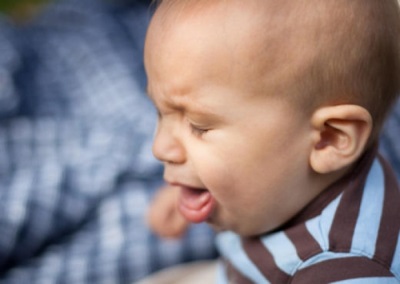
No cold
If viruses or bacteria infect the throat, larynx, trachea or bronchi without involvement in the inflammatory process of the nasal mucosa, a cold with a strong cough and high body temperature will not.
Runny nose as an additional symptom
Inflammation of the nasopharynx, in which the child appears snot, combined with cough and fever with adenovirus infection. In addition to such symptoms in children, conjunctival inflammation and diarrhea can be noted.
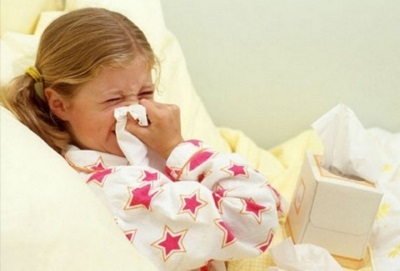
How to treat?
In the treatment of cough in children who also have a fever, efforts are directed at identifying the cause and determining the characteristics of cough, since therapy will be different for children with a bacterial infection from treating children with SARS, as well as for children with a dry cough from treating children, which cough has already become productive. In addition, the age of the child is taken into account, because many drugs have their own age limits.
Medications that can be given to a child:
- Antipyretic. They are recommended for children whose temperature exceeds 38 degrees. Young children are prescribed suspensions and syrups containing ibuprofen or paracetamol, and older children can also be given the tablet form of such drugs.
- Expectorant drugs and mucolytics. Such drugs are indicated for thinning viscous sputum and better coughing up mucus from the respiratory tract. The most popular drugs in the form of syrups. Among them are syrups Herbion, Dr. Mom, Prospan, Licorice Root Syrup, Alteyka, Tussamag, Gedelix, Bronchipret, Dry Cough Syrup, Lasolvan and other drugs.
- Antitussive. Such drugs are prescribed by the doctor with a very painful dry cough, for example, caused by whooping cough. Among the drugs in this group are Sinekod, Codelac, Libexin other.
When are antibiotics needed?
Prescribing antibacterial drugs is justified in situations where cough and fever are symptoms of an infectious disease caused by bacteria, for example pneumonia, tonsillitis or whooping cough. An antibiotic should be prescribed by a pediatrician, adjusting the dosage according to the age and weight of the child. Babies are often prescribed medications whose active ingredient is amoxicillin, azithromycin or clarithromycin.
Opinion Komarovsky
Famous pediatrician calls ARVI the most common cause of coughing, which is why this symptom is often combined with fever. Komarovsky advises parents not to give babies with cough and fever any medication until the doctor examines the child, so as not to prevent the specialist from making the correct diagnosis and prescribing the right treatment.
A popular doctor recommends that parents in the event of a cough focus on the quality of sputum, that is, facilitate its coughing. To do this, according to Komarovsky, you need to give your baby more warm water and ensure that the child’s airways are clean and moist. If the child drinks little and is in a room with warm, dry air, medications will not help him, and coughing spells will continue.
See the following short video in which the doctor gives some helpful tips.
Tips
- To cough quickly became wet and less tormented child, let's crumbs drink warm milk, warm tea, herbal teas, compote, non-acidic juice, mineral water. Food should also be given warm, as very cold or too hot dishes will further irritate the throat and may increase the cough.
- When the child is recovering, his temperature is already low, and the cough has become more productive, you can use these ways to help your baby cough up sputum and make it less viscous, like steam inhalation, drainage massage and inhalation through a nebulizer with mineral water.
- If the temperature of the child is elevated slightly, and the cough is dry and lasts for 5 days, do not tighten, but show the child to the doctor (if you went to the doctor at the beginning of the illness, call him again). The specialist will listen to the lungs and send the baby for tests, after which he will write out a treatment that will quickly save the child from unpleasant symptoms.
